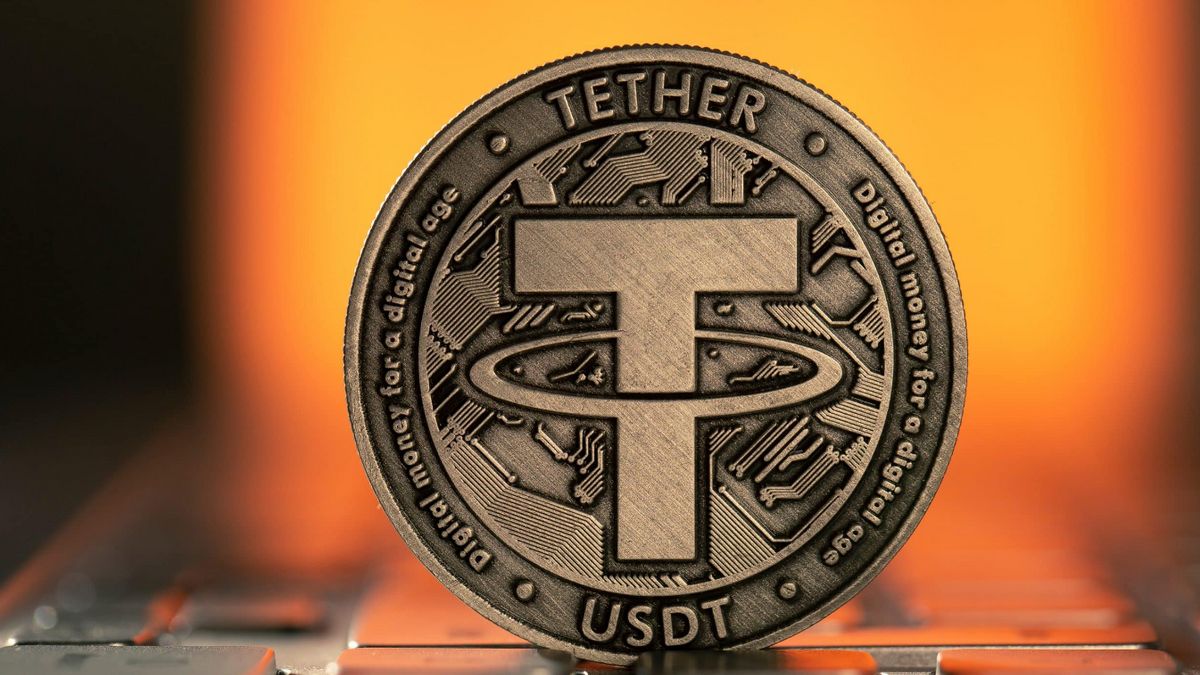JAKARTA - Tether, the most widely used stablecoin in the crypto world, faces a regulatory threat from the United States (US) authorities. This was revealed by a recent research report from JPMorgan, the world's largest bank, released on Thursday, February 15, 2024.
Stablecoins are a type of cryptocurrency whose value is associated with other assets, such as US dollars or gold, to reduce price volatility. Tether, which has a USDT symbol, is a stablecoin that is worth one US dollar.
According to a JPMorgan report, although Tether operates as a non-US entity, it remains under the supervision of the Foreign Asset Control Office (OFAC), a US Treasury Department unit tasked with overseeing economic and trade sanctions.
OFAC has the authority to impose sanctions on individuals, organizations, or countries deemed to violate US policies, including in the crypto sector. OFAC can also affect the use of Tether abroad and demand compliance with regulatory standards such as Know Your Customer (KYC) and Anti-Money Laundering (AML).
SEE ALSO:
The JPMorgan report warns that future stablecoin regulations, both at the national and global levels, are likely to put "indirect pressure" on Tether, which could reduce its appeal compared to other stablecoins that are more transparent and regulatory.
Tether itself has faced many controversies over its asset reserves, which are claimed to be collateral for any USDT in circulation. Tether has pledged to increase transparency and publish data in real-time, but the JPMorgan report states that this is not enough to allay market concerns.
The pressure of this regulation will also have an impact on decentralized financial platforms (DeFi), which is one of the most growing sectors in the crypto world. DeFi is a system that allows users to carry out various financial activities, such as borrowing, exchanging, or investing, without intermediaries such as banks or exchanges.
USDT is the main source of guarantee and liquidity on the DeFi platform, with a market share of about 60% among other stablecoins, according to data from Coingecko. If Tether experiences interference or restrictions, then this could disrupt DeFi's operations and growth.
One example of the influence of OFAC on Tether is the Tornado Cash case, a platform that allows users to increase the privacy of their transactions on the Ethereum network, one of the main infrastructures in the crypto world. Tornado Cash was sanctioned by OFAC in 2022, for allegedly engaging in money laundering activities.
As a result, Tether was asked to freeze USDT which was stored in a crypto wallet linked to Tornado Cash, amounting to about 5.5 million US dollars (Rp 77 billion). Initially, Tether refused to do so, but finally according to December 2023, citing proactive security measures.
JPMorgan's report concluded that, although legal action against entities abroad and decentralized companies is difficult to implement, indirect measures and international cooperation could hinder the use of Tether in the crypto market.
Meanwhile, CEO of Tether Paolo Ardoino responded to JPMorgan's report with satire. He accused the bank of being hypocritical, because it had bad records in terms of regulation and fines. He also said that JPMorgan may feel jealous of Tether's dominance in the crypto world.
"The current concern JPMorgan seems to be more related to their jealousy over the development of financial and payment services, which they have neglected for a decade, and now they are upset because they get a lot of attention. If it were me, I would be more worried about their total fine of 39 billion US dollars (Rp 546 trillion)," said Ardoino.
The English, Chinese, Japanese, Arabic, and French versions are automatically generated by the AI. So there may still be inaccuracies in translating, please always see Indonesian as our main language. (system supported by DigitalSiber.id)
















